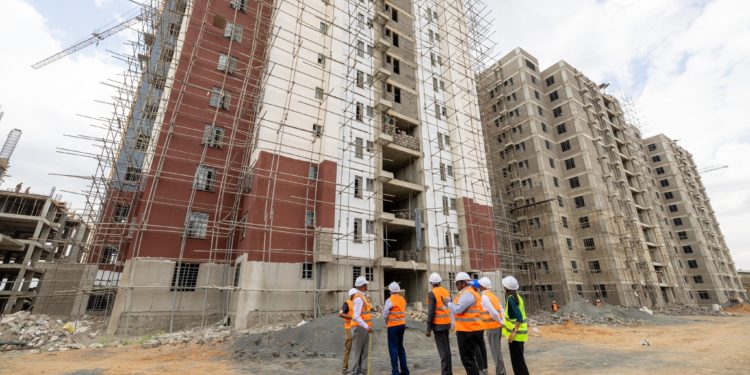In a recent decision, the High Court struck down the Housing Levy, citing constitutional concerns related to good governance, transparency, and accountability. While some may be quick to point fingers at the judiciary for the troubles facing this controversial levy, a closer look reveals that the executive bears the primary responsibility for the opaque nature of the levy and its questionable deployment into so-called affordable housing.
The High Court, in paragraphs 196 to 208 of its ruling, meticulously outlined the reasons for striking down the Housing Levy, and these reasons underscore the failure of the executive to ensure proper legal and administrative foundations for such a significant financial imposition on the citizens.
- The Housing Levy lacks substantive grounding in any act of parliament, not even in the Housing Act. Instead, it is introduced as a mere deduction in the Employment Act. This raises a fundamental question: How can a tax be imposed on everyone without an enabling law to legitimize it? The absence of a clear legislative framework renders the entire levy legally precarious and raises concerns about the government’s commitment to due process.
- Equally alarming is the absence of a legal or any other framework ensuring that the collected funds are earmarked exclusively for housing purposes. As currently designed, the money collected through the levy could be diverted for any purpose, leaving citizens in the dark about the actual utilization of their contributions. This lack of specificity undermines the very essence of the levy, eroding public trust and confidence.
- Furthermore, the court noted a glaring lack of details on the management and administration of the funds once they are collected. Without a clear roadmap on how the funds will be handled, there is a risk of mismanagement, corruption, and a failure to achieve the intended objectives of affordable housing. This omission reveals a significant oversight on the part of the executive in implementing a crucial policy affecting the lives of Kenyan citizens.
- The court also highlighted the absence of clear guidelines on how the Housing Levy aligns with the national government’s housing policy without encroaching on the mandates of county governments. The lack of coordination and integration with existing policies raises concerns about the overall effectiveness and coherence of the government’s approach to addressing housing challenges.
- One of the most glaring issues emphasized by the court is the ambiguity surrounding the beneficiaries of the housing projects and the criteria for their selection. The lack of transparency in this regard is deeply troubling, especially considering the existing ambiguity surrounding projects like the Ngara Parkroad Houses. Kenyan citizens have a right to know who benefits from public funds and why certain individuals or groups are chosen over others.
- Additionally, the court drew attention to the absence of a legal mechanism to ring-fence the funds, preventing their commingling with other public funds. This lack of financial safeguards exposes the levy to potential misuse and diversion, further undermining its credibility and the public’s faith in the government’s financial management.
- Lastly, the court pointed out that the Housing Levy is not one of the funds legally empowered for collection by the Kenya Revenue Authority (KRA). This raises serious questions about the constitutional authority underpinning the collection process, further reinforcing the perception that the executive has failed to adhere to established legal procedures.
It is essential to note that the court did not resort to name-calling or inflammatory language when addressing the respondents, but it could have easily called it a charade.
In conclusion, the executive bears the primary responsibility for the troubles facing the Housing Levy. The judiciary, in striking it down, acted as a safeguard for constitutional principles of good governance, transparency, and accountability. For the government to regain public trust and successfully implement policies such as the Housing Levy, it must address the highlighted deficiencies and ensure a more transparent and legally sound framework for its initiatives. The ball is now in the executive’s court to rectify these shortcomings and demonstrate a commitment to upholding the rule of law.


















